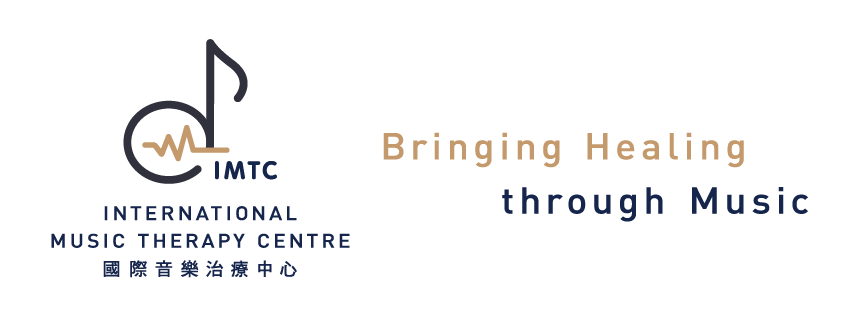Can music help teenagers deal with their problems?
2016.8.31
Jenna’s (not her real name) grandmother does not get heavy rock music, not even when it is her grand-daughter’s composition. But she listened anyway because it was 15-year-old Jenna’s attempt at communicating with her. They were going through a tough transition period, thrown together by trauma.
The teenager had just moved in with her grandmother as her parents are heroin addicts who had gone their separate ways and neither could care for her. Jenna’s song had come out from the music therapy sessions she had attended to help her cope with the upheavals in her life.
At that time, music therapist Dr Katrina McFerran has been working with her for four weeks and they had written the song together. Each verse contained Jenna’s aspirations and disappointments, her hopes and despair. But Jenna’s grandmother didn’t know how to respond to her rocky jam, and the teenager’s spirits sank.
“I said ‘Hang on. We need to explain what this song is about.’ The grandmother and the girl started to have a little talk after that,” recounts McFerran, a University of Melbourne lecturer.
In their next session, she found an elated Jenna. Discussing the song had opened up the line of communication between Jenna and her grandmother, enabling them to begin talking openly.
“They started to repair their relationship. Her life didn’t get heaps better but one of the priority relationship in her life became stable for her. As far as I know, her relationship with her grandmother is stronger now,” says Dr McFerran, illustrating the benefits of music therapy.
Music is a medium everyone can relate to. But it has also proven to have positive effects on people’s physical and mental health, and therapists are harnessing its power to heal and rehabilitate. Music therapy is an improvisational approach using all elements of music – harmony, melody, rhythm, lyrics – to engage and connect.
Therapists have used music in diverse situations, from calming premature babies to reaching out to autistic children living in isolation to lifting people suffering from depression to triggering memory in Alzheimer patients. Dr McFerran uses music therapy to work with teenagers.
Music
McFerran says teenagers may not open up easily but will share the songs which are meaningful to them.
Reaching out to teenagers
“When people are going through difficult times, music can be a powerful force for growth and coping,” says Dr McFerran, one of the keynote speakers at the Malaysia Music Cares Music Therapy Conference, organised by the Malaysian Music Therapy Association in collaboration with HELP University and University Putra Malaysia.
Dr McFerran who has written books on music therapy says that music therapy is about a relationship which is intentionally and carefully designed to meet people’s needs.
“Sometimes people with the greatest needs aren’t able to design their own programmes. They are not meant to work that out for themselves anyway, they need an expert. The music therapist’s responsibility, then, is to work out what is the right approach in the given situation.”
Teenagers, in particular, have the most intense relationship with music, especially those who are going through a rough patch like Jenna. So, music becomes a bridge between the teenager and the music therapist.
“They rely on it more and turn to it heavily. They may not want to have a conversation where they reveal private parts of their life because they know it might be dangerous. They might not trust you yet but they will share the songs which are meaningful.
“They may write a song which is very revealing but for the value of the song, they are willing to make that commitment,” she explains.
As it happens, songwriting is Dr McFerran’s choice method in music therapy. She also uses other tools such as music sharing, improvisations and performances.
“I find songwriting is the easiest to talk about because there are words in there as well. Most people operate in a verbal world and songs are a beautiful bridging point between the purity of music that has no words and the real world which relies on words quite a lot,” says Dr McFerran.
More: http://www.star2.com/family/2016/08/26/can-music-help-teenagers-deal-with-their-problems/






Leave a Reply
Want to join the discussion?Feel free to contribute!